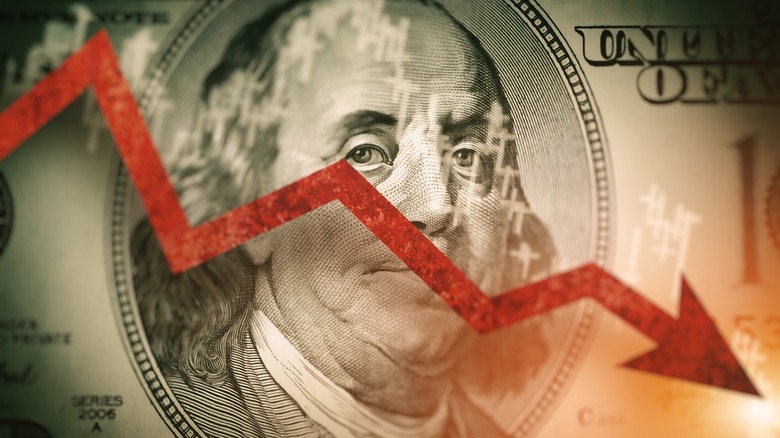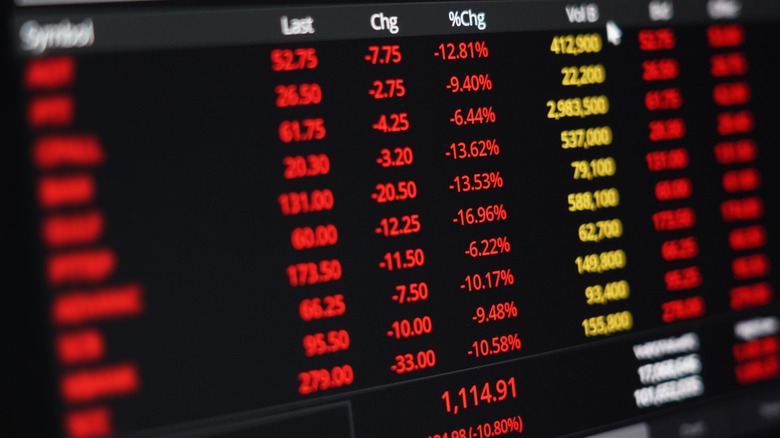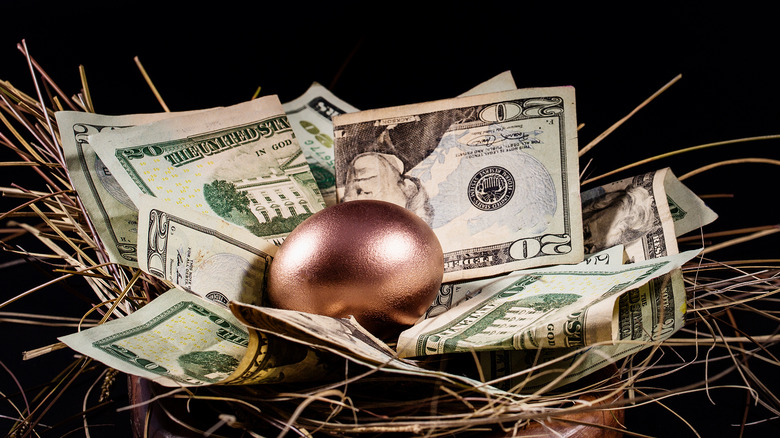The Best Ways To Prepare For A Stock Market Crash
Few things are as unsettling to an investor as the idea of losing everything when the stock markets go south, and given the erratic way indices have been behaving recently, we wouldn't be too surprised the market's recent gyrations aren't making investors more than a bit nervous.
But rather than making straight for the exit at the first sign of trouble, first-time investors may want to take a few pages out of the books of more seasoned players who have been in the market for a while, and who know when to hold or when to call it a day, particularly since getting out of the market too early could end up becoming just as painful, if not more so, than getting out too late.
Big-name investors like Barclays Bank admit uncertainty makes it easy to wonder about sudden drops and whether a crash may just be around the corner; still, there are several things you can take to prepare yourself should another market crash occur.
1. Make sure you've bought into blue chip companies
While we may hear the words "blue chip" to describe shares issued by a respected, established company, we might not exactly know what that means. Blue chip companies are those who have a track record of doing well over a long period of time and toughening it out during challenging market conditions.
Blue chip companies as sharing qualities that include longevity, which means they've been in the market for a long time; reliability, which indicates they deliver good earnings over an extended period of time; low levels of debt; and their total shares are in excess of $10 billion. Examples of blue chip companies include Apple, Microsoft, Procter & Gamble, Pepsico, and Bank of America, which are all listed on the S&P 500 Index.
Buying a blue chip stock, or into funds that hold them, has a downside. Forbes says a blue chip doesn't experience the dramatic highs (and lows) that you might see from an internet startup, and their shares are expensive to acquire, but they are known for making regular dividend payments, which will add up in the long run.
2. Don't panic and sell
The worst thing you can do when the markets are volatile is to panic and sell. Per a study published in The Journal of Financial Data Science, panic selling doesn't happen all the time, but it occurs most frequently when the markets experience huge gains or losses.
You might argue that panic selling is a good way to keep yourself from losing too much money at the outset, but it may also keep you from getting back into the market because selling and getting back in "means you have to be right twice," according to The Evidence-Based Investor. Recall that in early 2020 and at the outset of the COVID-19 pandemic, panicked investors triggered a sell-off that saw the S&P 500 take a steep tumble. And while the index and the stocks in it have recovered since, most investors who sold ended up having to pay more to get those assets back.
It might sound easier said than done, but the best way to keep yourself from hitting the panic button may be to remember the wise words of the man nicknamed "The Oracle of Omaha," Warren Buffett, who believes in holding onto stocks, famously saying, "If you aren't thinking about owning a stock for 10 years, don't even think about owning it for 10 minutes."
3. Don't put all your eggs in one basket
Most successful investors spread their wealth across what's known as different "asset classes" — or different types of investments. These can include stocks or equities, bonds, and cash, as well as real estate or property, precious metals like gold or platinum, or even a college savings plan. And while market movements cannot be predicted to a T, the movements of different asset classes usually aren't synchronized, so they don't go up and down at the same time; in other words, the SEC says what might cause one asset to devalue, could cause the value of another to skyrocket.
Parking your wealth in different asset classes puts you in a better position to take the hit in one class if another one is doing well. By diversifying your holdings, you give yourself and your investment portfolio a better chance of withstanding a turbulent market.



